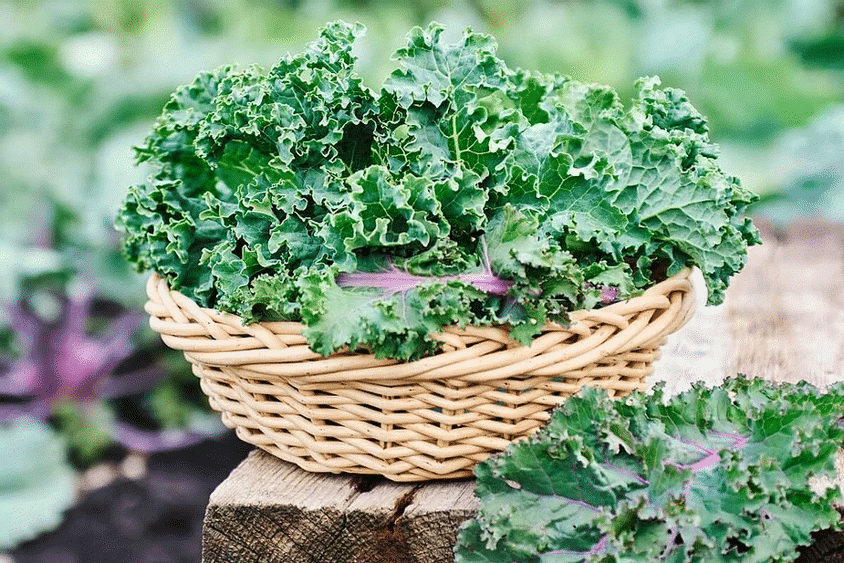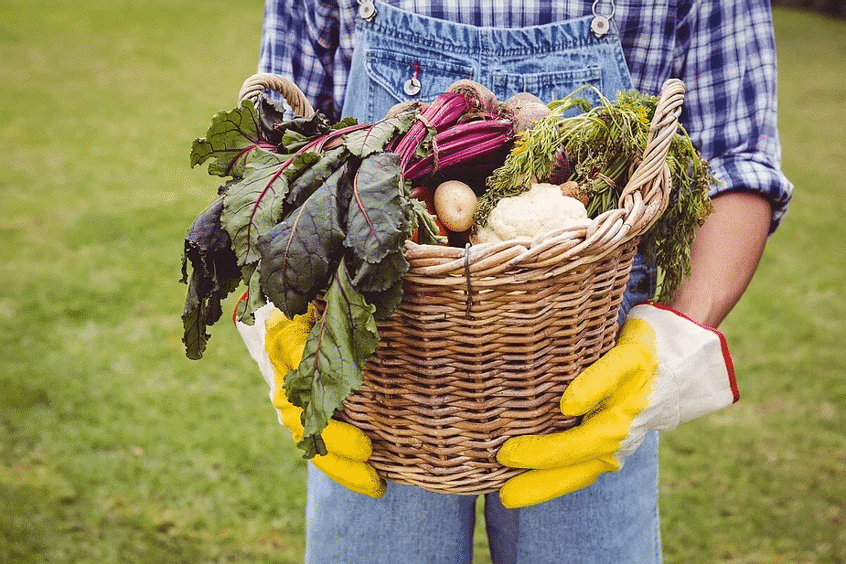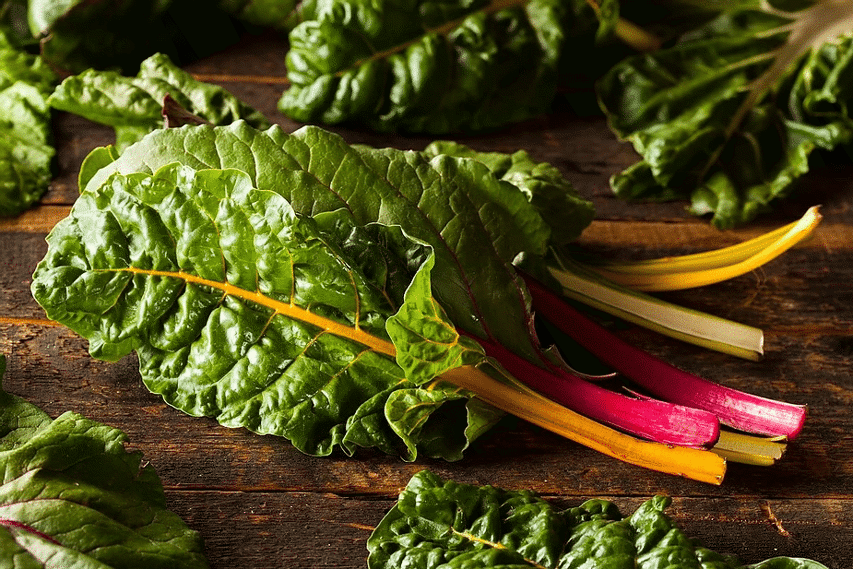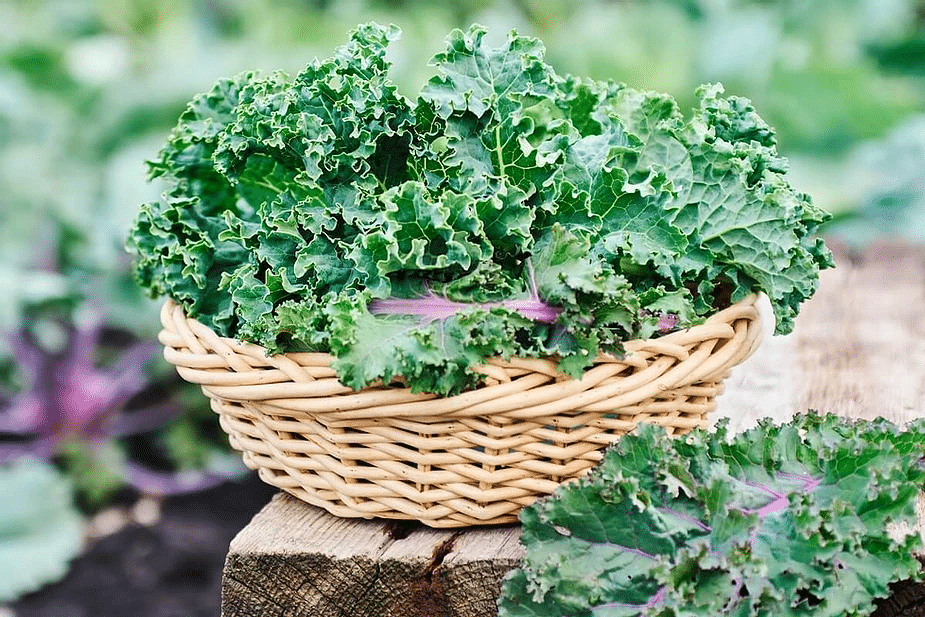In order to keep your eyes healthy and functioning at their best throughout your lifetime, good nutrition is extremely important.
Lutein and zeaxanthin are powerful antioxidants that defend our body against unstable molecules called free radicals but are best known for protecting our eyes.
Two carotenoids, lutein and zeaxanthin, are pigments produced by plants that give fruit and vegetables their yellow to reddish colouring.
Let’s take a closer look at the effect of lutein and zeaxanthin on our eyes and whether good nutrition really can have an impact on our vision.

Lutein for eyes: what are the benefits?
Why should we include lots of fresh leafy vegetables as part of a healthy diet?
Many studies have shown that lutein and zeaxanthin reduce the risk of chronic eye diseases, including Macular Degeneration and cataracts.
Lutein and zeaxanthin are the only dietary carotenoids that are deposited in high quantities in the retina of the eye, particularly the macula region. They filter harmful high-energy blue wavelengths of light and help protect and maintain healthy cells in the eyes.
Lutein for macular degeneration
There is a lot of evidence that lutein and zeaxanthin reduce the risk of Age-Related Macular Degeneration (AMD).
In fact, in the Age-Related Eye Disease Studies (AREDS and AREDS2), the National Eye Institute found that taking certain nutritional supplements every day reduces the risk of developing late AMD.
Beyond reducing the risk of eye disease, separate studies have shown that lutein and zeaxanthin improve visual performance in AMD patients, cataract patients and people in good health.
Can lutein help with cataracts?
It has been suggested that foods rich in lutein also reduce the formation of cataracts.
The lens in the eye primarily collects and focuses light on the retina. To do this throughout your life, the lens must remain clear.
Oxidation causes a clouding of the lens which results in a cataract. Antioxidants prevent this oxidation from happening.
In addition to the visual benefits, lutein may help protect against atherosclerosis (fatty deposit build-up in our arteries), a disease that leads to most heart attacks.

Good food for eyes
What are the best foods for eyes and how can we make sure we’re eating the right fruit and vegetables with plenty of lutein and zeaxanthin?
The best natural source of these carotenoids are dark green leafy vegetables such as:
- kale
- spinach
- broccoli
- peas
- cress
- chard.
Other sources of these important nutrients include:
- eggs
- peppers
- grapes
- yellow corn
- persimmon
- tangerines.
We’ve written more on the topic on how a healthy, well-balanced diet improves our eyesight with more suggestions on the types of foods to help with eye health.
Taking lutein and zeaxanthin supplements
Because of the apparent eye and cardiovascular benefits of lutein and zeaxanthin, many nutritional companies have added these carotenoids to their multiple vitamin formulas.
Others have introduced special eye vitamins that are predominantly lutein and zeaxanthin supplements.

How much is too much lutein?
There currently is no Recommended Dietary Allowance (RDA) for lutein or zeaxanthin, but some experts suggest that we require at least 6 milligrams (mg) of lutein per day for beneficial effects.
It remains unclear how much lutein and zeaxanthin is needed daily for adequate eye and vision protection. It is also unknown whether supplements have the same effect as lutein and zeaxanthin obtained through food sources.
There are no known toxic side effects of taking too much lutein or zeaxanthin.
Eat well for eye health
It is important to remember that taking dietary supplements does not replace a healthy diet.
Eating a well-balanced diet that includes plenty of fruits and vegetables usually is the best way to get the important eye nutrients you need.
If you have any questions or concerns about the health of your eyes or would like any advice on lutein or any other eye-friendly antioxidants, ask for help from your optician.





